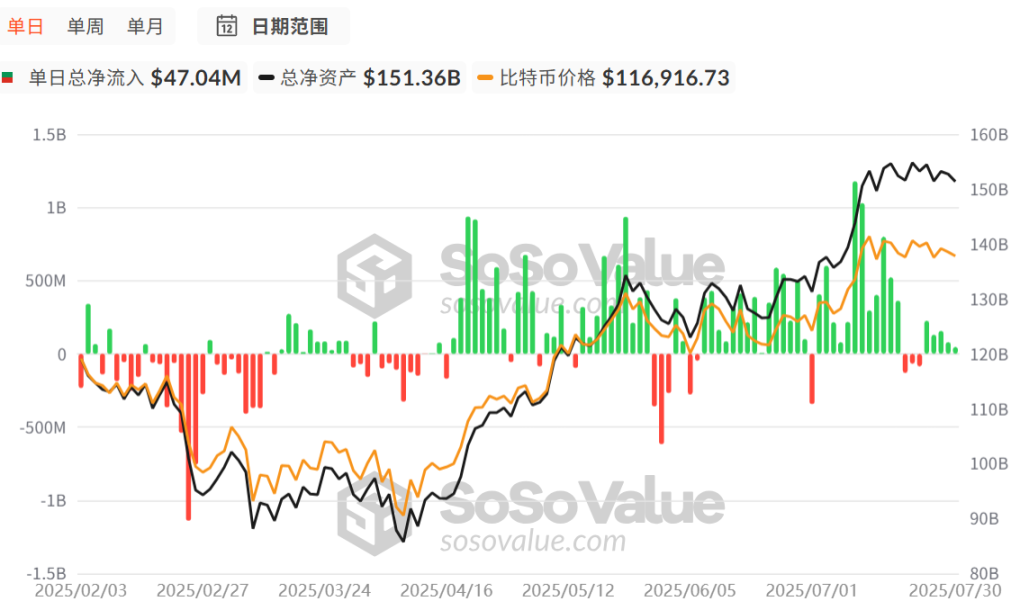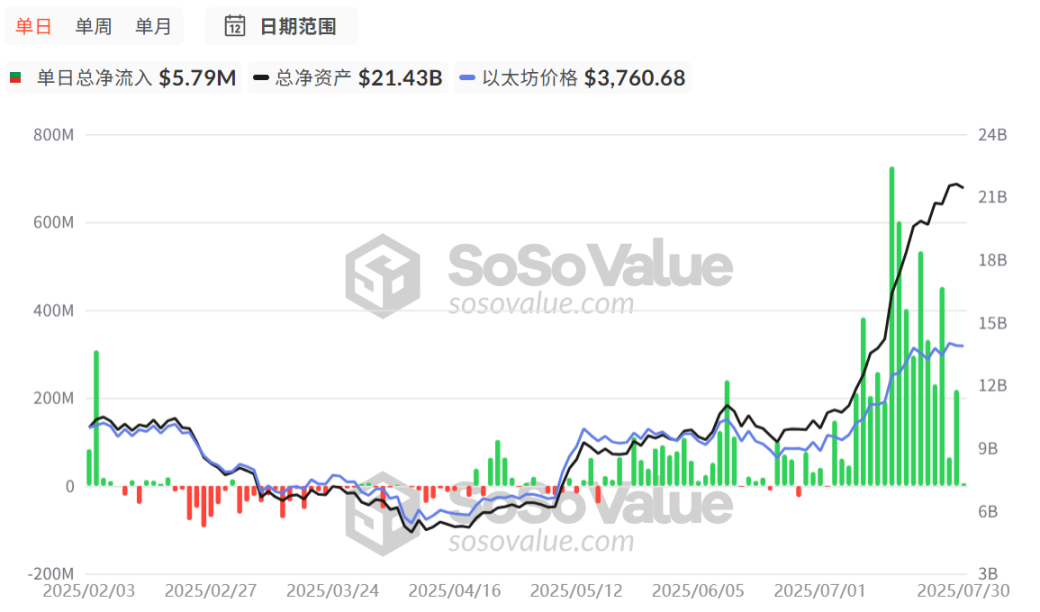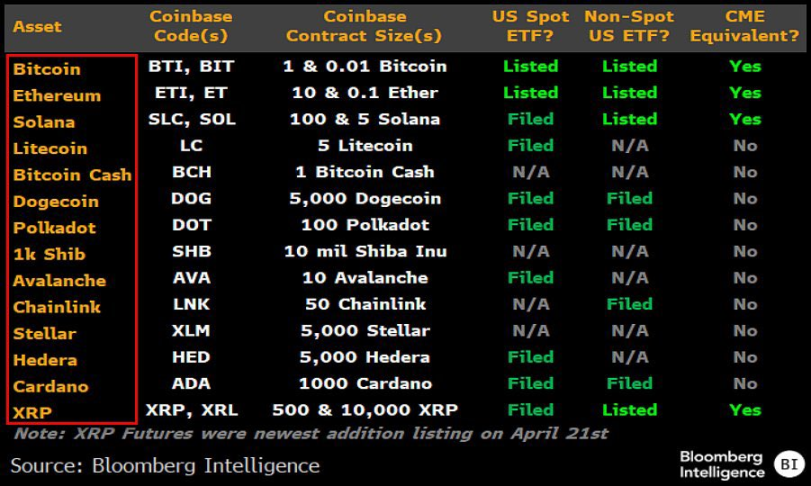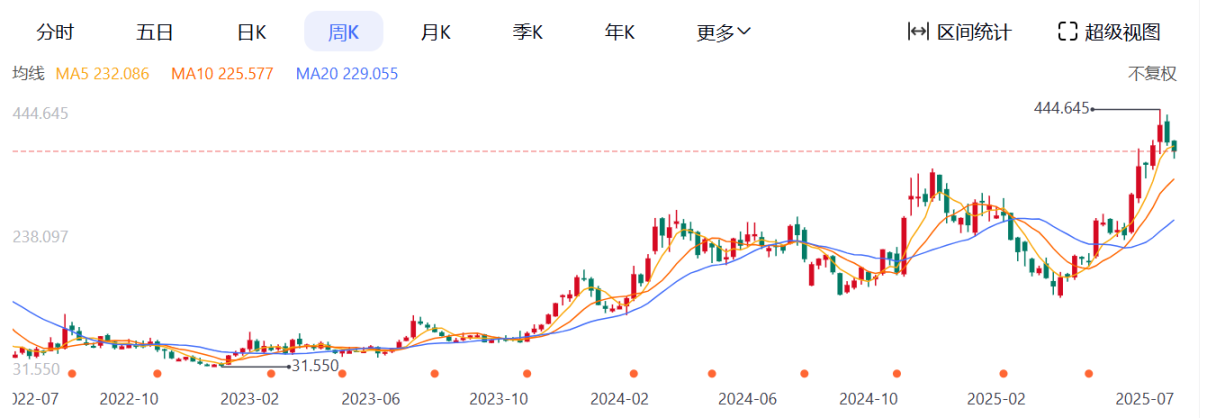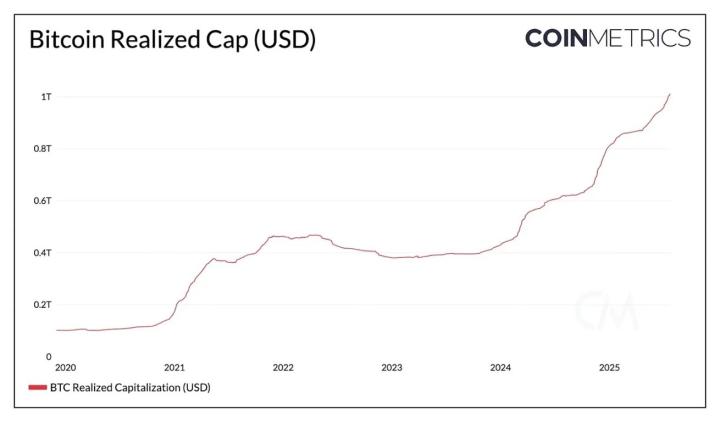Author: 1912212.eth, Foresight News
Original Title: SEC New Standards Announced, Spot ETF Approval Wave About to Unfold?
On July 29, the U.S. Securities and Exchange Commission (SEC) announced approval of in-kind creation and redemption mechanisms for crypto asset exchange-traded products (ETP), previously relying on cash creation and redemption models. This change significantly reduces trading costs and improves efficiency. Additionally, the SEC published listing standards for spot ETFs, with implementation expected in September or October 2025, aimed at simplifying the ETF listing process and opening mainstream financial doors for more crypto assets.
Must Be Listed on Futures for at Least 6 Months on Coinbase and Other Major Exchanges
The SEC's new listing standards primarily focus on crypto ETP qualification requirements and operational mechanisms. First, in-kind creations and redemptions are officially allowed, meaning authorized participants can exchange ETP shares with actual crypto assets instead of cash. This model can reduce tax burdens, decrease transaction friction, and enhance ETF liquidity. The SEC Chairman emphasized that this decision aims to provide crypto ETPs with treatment similar to traditional ETFs while maintaining market integrity.
Moreover, the SEC established "general listing standards" requiring crypto assets to be listed on futures for at least 6 months on major exchanges like Coinbase. This regulation aims to ensure sufficient asset liquidity and market depth, avoiding manipulation. According to Phyrex's document reference, for tokens without futures or newer Altcoins like MEME coins (such as Bonk and Trump coins), ETF conversion would require 40 Act approval.
Which Projects Might Get ETF Approval
Bitcoin and Ethereum spot ETFs have been approved in 2024 and 2025 respectively, and these products will continue to benefit from optimized physical mechanisms.
According to SoSoValue data, by July 31, 2025, U.S. Bitcoin spot ETFs have accumulated total net inflows of $55.11 billion. Ethereum spot ETFs have achieved cumulative total net inflows of $9.62 billion, with momentum rapidly increasing after breaking through a sluggish period. Spot ETF approvals undoubtedly provide good support for their coin prices.
The new standards open doors for Altcoins. Solana (SOL) and Ripple (XRP) are considered the first beneficiaries. Cboe's proposal explicitly mentions SOL and XRP ETP launches expected in Q4 2025, with active futures markets. XRP's futures contracts officially launched on Coinbase on April 22 this year, and its cross-border payment applications have attracted institutional interest. Analysts predict high approval probabilities for these ETFs, potentially realized by the end of 2025.
Other potential projects include Chainlink, Polkadot, and Cardano, which meet listing duration requirements and have emerging futures contracts. However, not all projects will pass: Doge might be excluded due to lack of futures history unless its market maturity improves. Overall, the new standards are expected to approve 10-15 new ETFs, covering the top 20 crypto assets by market cap, driving the industry from speculation towards investment.
Coinbase Likely to Be the Biggest Beneficiary
On May 9, Coinbase Derivatives launched the first U.S. CFTC-regulated Bitcoin and Ethereum 24/7 leveraged futures trading service, covering retail and institutional users. Coinbase also plans to introduce perpetual contracts, promising more compliant derivatives in the future.
As the largest U.S. crypto exchange, Coinbase will significantly benefit from the SEC's new standards. The standards directly reference Coinbase as a qualification benchmark, strengthening its regulatory influence. This means assets traded on Coinbase for over 6 months are more likely to become ETF products.
Additionally, the new standards will increase Coinbase's trading volume and revenue. The in-kind redemption mechanism requires ETF issuers to hold actual crypto assets, driving institutional bulk transactions through Coinbase. Bloomberg analysts estimate this could generate an additional $1 billion in annual fee income.
On February 21 this year, the SEC withdrew its lawsuit against Coinbase without any fines. Policywise, Coinbase now faces no major obstacles.
CFTC's Approval Authority for Spot ETFs May Be Prioritized
The CFTC, as a commodity regulatory agency, is increasingly important in the spot ETF domain. Crypto assets like Bitcoin are considered commodities, so spot ETF regulation involves SEC and CFTC coordination. A 2025 White House policy report calls for enhanced cooperation, including establishing a "safe harbor" mechanism to avoid regulatory overlap.
Currently, regulatory bodies seem to have found a balance. Twitter KOL qianbafrank commented that the SEC's new listing standards mean "the SEC's approval rights for crypto asset spot ETFs are being pre-positioned to CFTC (Commodity and Futures Trading Commission), as CFTC is the primary decision-making regulatory body for which assets can have futures contracts."
However, the CFTC's influence also brings challenges: if crypto futures market manipulation incidents increase, the CFTC might intensify scrutiny, indirectly impacting spot ETFs.



